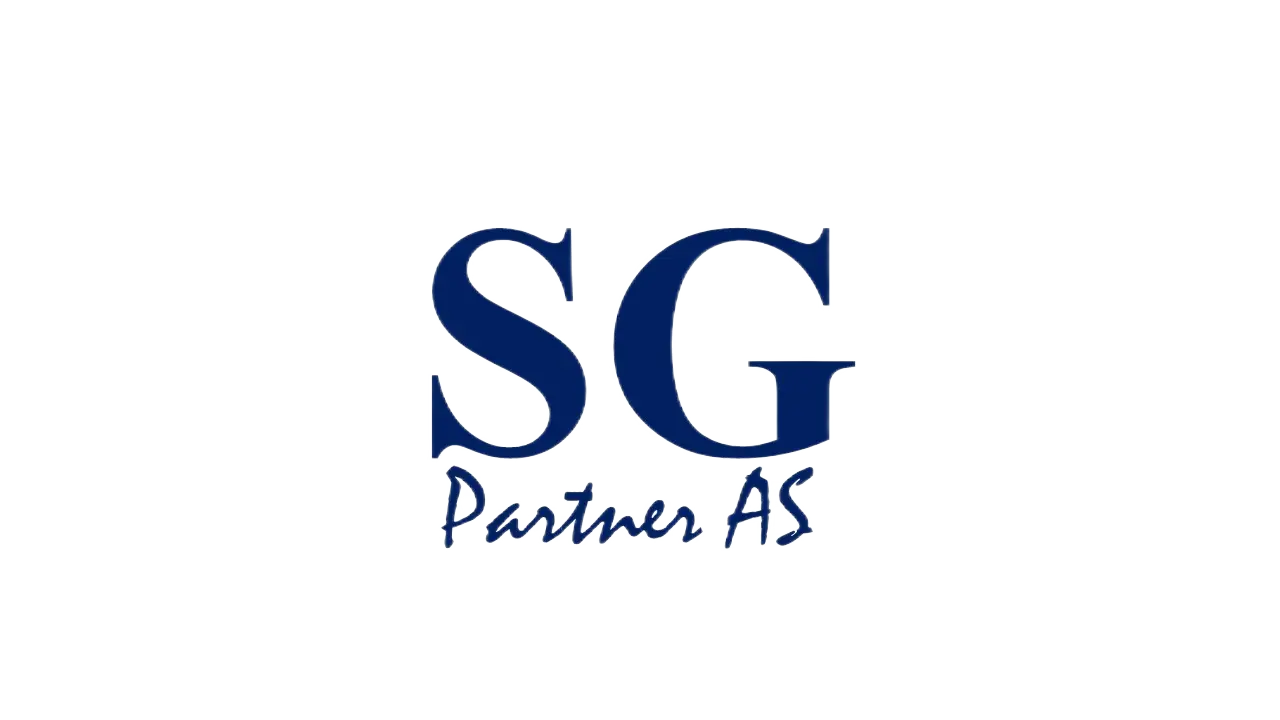COURSE OBJECTIVE:
Course Objectives To provide the skills necessary to install,configure,and manage an Oracle WebLogic server. This includes deploying applications and understanding the core aspects of Oracle WebLogic server.
TARGET AUDIENCE:
Who will the Course Benefit? This Oracle WebLogic Administration course is suitable for application server administrators,Java EE developers and systems administrators using version 14c,who need to gain the skills necessary to install,configure and manage an Oracle WebLogic Application Server.
COURSE PREREQUISITES:
Requirements This course is aimed at those who need to understand or administer Oracle WebLogic server,especially application server administrators,JEE developers and systems administrators. No prior knowledge of WebLogic is required,but delegates should be from a relevant technical background.
COURSE CONTENT:
Oracle WebLogic Administration Training Course Course Contents – DAY 1 Course Introduction • Administration and Course Materials • Course Structure and Agenda • Delegate and Trainer Introductions Session 1: WELCOME TO ORACLE FUSION MIDDLEWARE • The Oracle Fusion Middleware Environment • Oracle WebLogic Server Component Tour • Online Documentation Sources • WebLogic Diagnostics Framework (WLDF) Session 2: INSTALLING ORACLE WEBLOGIC SERVER • Installation Options • Graphical User Interface (GUI) Installation • Command Line Installation • WebLogic Server Directory Structure • Patching WebLogic Server Session 3: JEE ARCHITECTURE • Understanding the JEE Environment • Java Middle Tier Architecture Session 4: DOMAIN CONFIGURATION • Understanding WebLogic Domains • Administration Servers and Managed Servers • Creating and Configuring Domains • The Domain Directory Structure • Offline WLST Domain Management Oracle WebLogic Administration Training Course Course Contents – DAY 2 Session 5: DOMAIN TEMPLATES • Understanding and Creating a Domain Template • Extending a Domain Template • Domain Templates for Fusion Middleware Suites Session 6: ADMINISTRATION TOOLS • Utilising the Administration Console • Using WLST to Navigate the Domain Structure • Understanding Internal Change Management Using JMX and MBeans Session 7: MANAGED SERVERS • Configuring Managed Servers • Starting and Stopping Managed Servers or Domains • Startup Scripting • Configuring Managed Servers Remotely • Explaining Administration and Managed Server Independence (MSI) Session 8: UTILISING NODE MANAGER • Node Manager Architecture • Node Manager Directory Structure • Understanding Machines • Configuring Node Manager • Start and Stop Procedures Oracle WebLogic Administration Training Course Course Contents – DAY 3 Session 9: WEB SERVERS AND PROXIES • WebLogic and Proxies • Configuring mod_wl_ohs • Oracle HTTP Server • Using Oracle Traffic Director Session 10: DEPLOYING JEE APPLICATIONS • Describing JEE Web Applications • Web Application Structure and Packaging • Deploying Shared Libraries • Understanding Deployment Descriptors • Deployment Using Administration Console • WLST Web Application Deployment Session 11: DEPLOYMENT IN PRODUCTION ENVIRONMENTS • Development,Testing and Staging Deployments • Deployment Plans • Redeployment of Versioned Applications Session 12: JDBC AND DATA SOURCES • Understanding JDBC and Data Sources • Configuring JDBC and Data Sources • Using and Tuning Connection Pools • Deploying JDBC Resources • Monitoring and Testing Oracle WebLogic Administration Training Course Course Contents – DAY 4 Session 13: JAVA MESSAGE SERVICE (JMS) SETUP • Describing and Configuring JMS • Connection Factories,Queues and Topics • Using Persistent Messages • JMS Monitoring Session 14: TRANSACTION SUPPORT • Transaction Handling • Configuring JTA • Distributed Transactions Session 15: DOMAIN MONITORING • Server Log Monitoring • Administration Console Log Management • Integrating Application Logging • Log Filtering • Server Health and Performance Monitoring • JDBC Data Source Monitoring • Using the Monitoring Dashboard Session 16: BACKUP AND RECOVERY • Backup and Recovery Strategy • Full Offline Backup and Recovery • Online and Offline Domain Backup • Instance Home Backup and Recovery Oracle WebLogic Administration Training Course Course Contents – DAY 5 Session 17: CLUSTER CONFIGURATION • Preparing,Creating and Configuring a Cluster • Dynamic Clusters • Basic and Multitier Cluster Architecture • Communication Between Clustered Server Instances • Using Oracle HTTP Server as a Cluster Proxy Session 18: CLUSTERS AND APPLICATIONS • Deploying Applications to a Cluster • Clustered Session State Replication • Replication Groups and In-memory Replication • Stateful Session Beans in Multitier Clusters • Configuring JDBC and File Replication Session 19: SECURITY ARCHITECTURE • WebLogic Server Security Architecture • Security Realms • Users and Groups / Roles and Policies • Understanding WebLogic Server Authentication Providers • Web Application Resources and EJB Protection Session 20: SECURING THE WEB INTERFACE • Keys and Digital Certificates with the Keytool • Configuring SSL for WebLogic Server • Steps to Prevent Web-based Interference
FOLLOW ON COURSES:
Further Learning Apache Web Server
